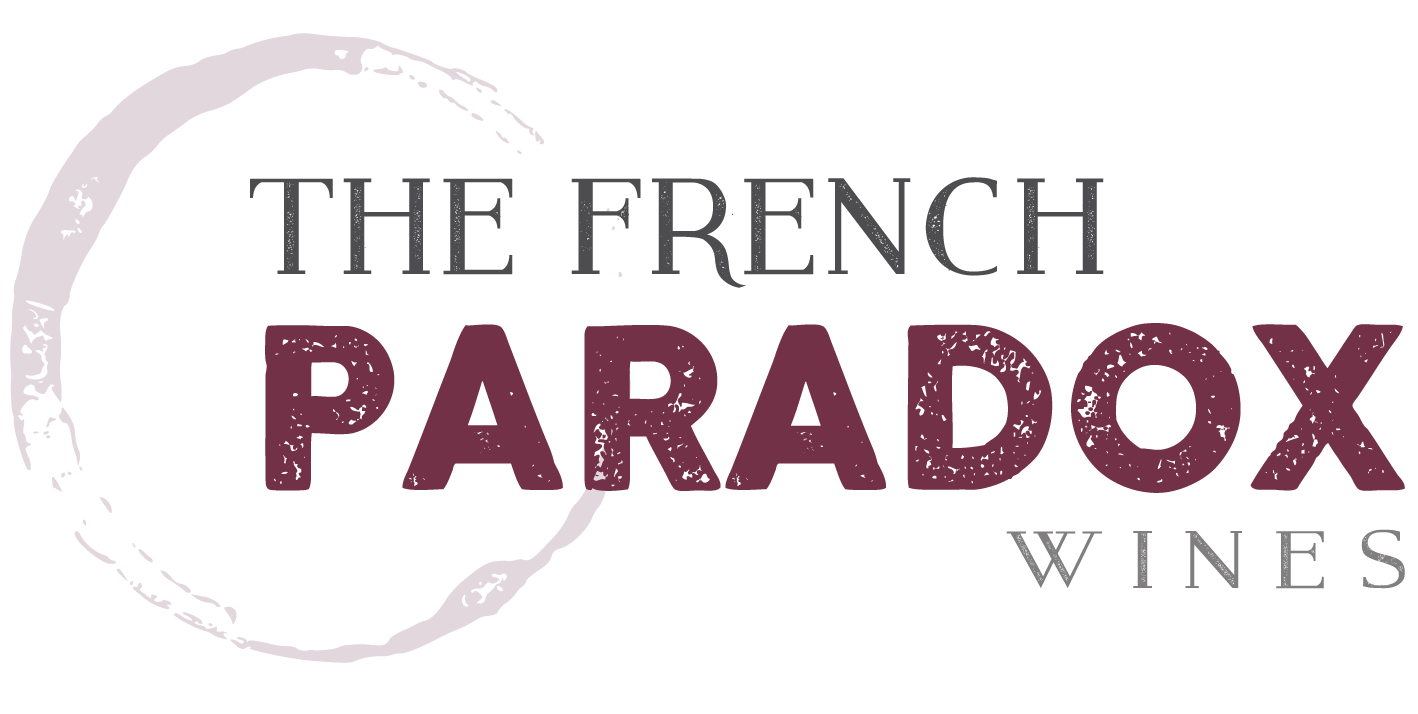2016 Dr. Burklin-Wolf
Deidesheimer Riesling
Pfalz, Germany
Regular Price $27.99
Sale Price $21.99
This is a ‘village’ level wine in that its comprised of fruit from both the Premier Cru vineyards of Deidesheimer as well as fruit from other non-classified vineyards. Make no mistake, this is a very dry Riesling, with less residual sugar than most California Cabernets and Chardonnays, and with higher levels of acidity. Aromas of apple and peach, very elegant with a hint of spice. Juicy mouth-feel, clean minerality and elegant acidity. It’s just a drop-dead gorgeous, delicious wine that would pair with a wide variety of foods. The person that claims that they don’t like this wine because it’s ‘too sweet’ really hasn’t the foggiest idea what they’re talking about.
We get excited when one of our hallowed California wineries reaches 50 years in age. To be sure, that is a notable feat…except when compared to wineries throughout the rest of the world. Really, in France, Italy, Spain and Germany, if you’ve been at it for 50 years, you are likely applauded for making a good start.
The Dr. Burklin-Wolf Estate dates from 1597 (not a typo). OK, so the Burklin’s owned it in the 16th century, then Johann Ludwig Wolf ran things in the 18th century before the two families actually merged In 1875, as the granddaughter of Wolf, and heiress to most of his wealth and property, marries Dr. Albert Bürklin, laying the foundation for the winery’s current name, “Dr. Bürklin-Wolf”.
Bettina, the great-great niece of Albert took over in 1990, and immediately made some landmark changes The decisions to classify the vineyard sites according to the Burgundian tradition (village, estate, Premier Cru, Grand Cru), and to convert the entire vineyard area to bio-dynamic production methods were revolutionary in German viticulture.
Burklin-Wolf makes Riesling, Pinot Blanc and Pinot Noir, but Riesling is what they are really. As is typical, two-thirds of their Rieslings are dry, largely because it’s important that the wine reflect the characteristics of the vineyard. Making single-vineyard wines is wholly different than the mass-production of recipe-driven wines…the wines that should be correctly referred to as ‘sweet’.
